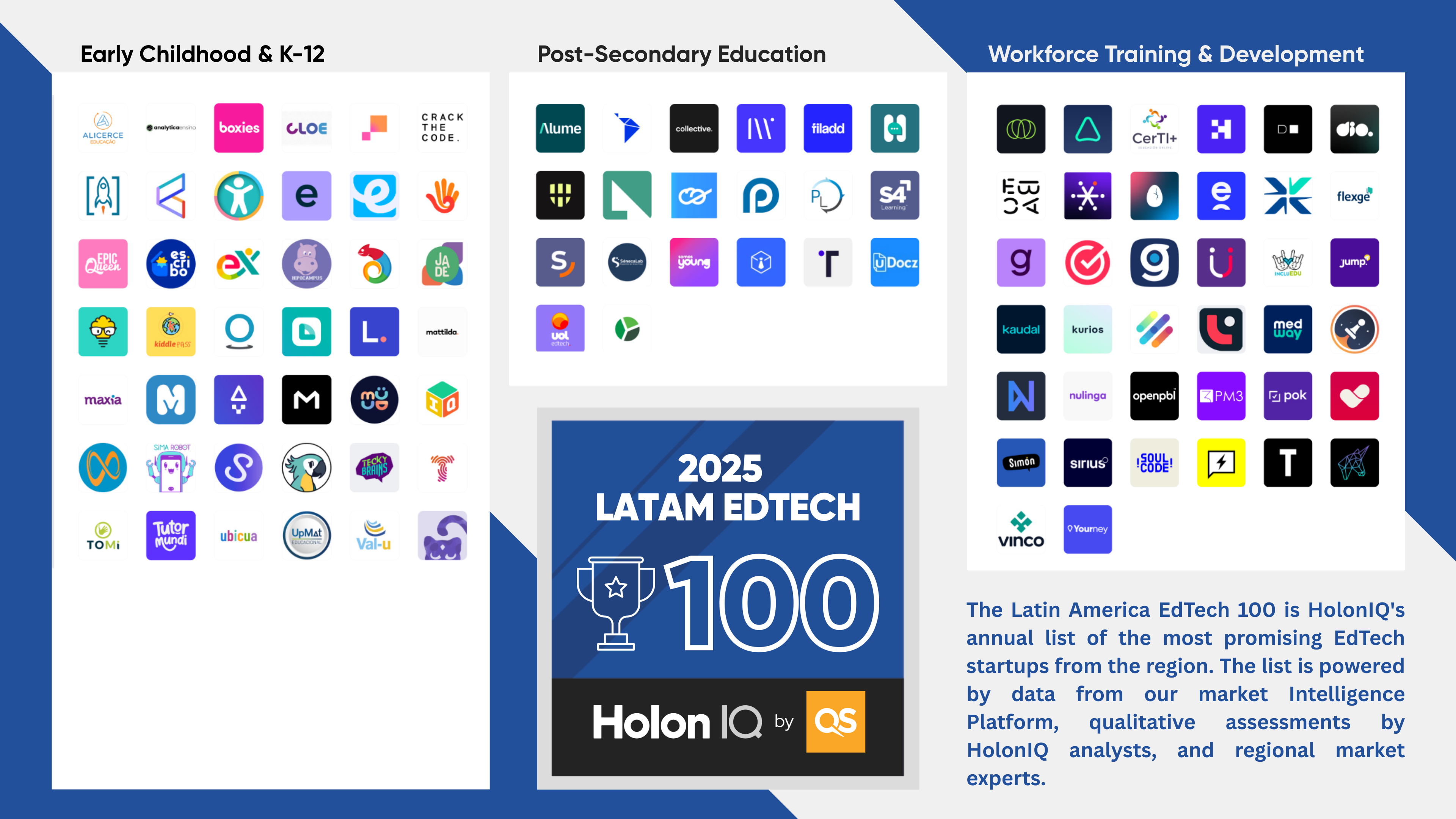Q2 2023 may turn out to be the bottom of the funding market for EdTech VC🤞, but it also may mark the beginning of a new chapter and more diversified approach to funding innovation in education.
Since 2010, almost $100B of Education focused Venture Capital has been deployed globally. Around $30B in each of the US and China, another $10B in each of India and Europe and the remainder spread across Africa, Asia, Latin America and the Middle East. The US led out the first half of the last decade, building to $1B+ VC investment years in EdTech VC and China led the second half of the last decade building up to a $10B+ EdTech VC year before bursting. This decade kicked off with an almighty global surge in venture capital and ultimately an overdose of private funding.
2021 was peak EdTech VC, reaching $20.8B through 3,000+ funding rounds and holding up 32 EdTech Unicorns by the end of the year. By December 2021, EdTech Venture investment was 40x larger than it was in 2010, nearly 5x the previous investment peak in 2015 and 3x pre-pandemic investment levels in 2019. 2022 halved EdTech VC to $10.6B and 2023 is on track to reach somewhere north of $3B based on YTD investment activity. So far in 2023 we've seen around $1.8B of VC through 476 transactions, marking another major decline from the $4.5 billion raised in the same period in 2022 through 652 transactions.
Schools, Universities, Parents, Teachers and Learners are more digitally aware, more discerning of technology and demand evidence of outcomes. Approaches to digital in education have matured significantly over the last few years, and with that more serious approach will come new ways of sourcing, procuring and assessing technology for the learning enterprise.
The contraction of venture funding turns a spotlight to other forms of funding that fuel innovation. HolonIQ is currently indexing and analyzing over $100B of Foundation Grants and Giving in education and will be sharing this analysis at our Back to School Summit in New York early September, together with new analysis of federal contracts. VC plays a critical role in funding high risk and high impact innovation, but it's not the whole story and we need to support the EdTech ecosystem with more flexible government funding and foundation-led philanthropic investments to protect and diversify the supply of capital fuelling new ideas and bold visions to transform the way the world learns.
Figure 1. EdTech Venture Capital Funding over time

Notable transactions in Q2 demonstrate where investors are committing 'dry powder' and where they see scale and impact in a post pandemic and more tech-mature education and training landscape. Q2 saw highly innovative teams raise funding including 🇺🇸 Red6, a fascinating augmented reality training platform for military applications closing a $70M Series B. 🇺🇸 Pathstream, a workforce focused training and career mobility platform, raised a $39M funding round. 🇺🇸 Swing Education, a platform to help schools and substitute teachers connect, raised a $38M Series C. 🇦🇺 Go1, a workforce focused learning platform, raised a $30M funding round and 🇺🇸 Uwill, a student mental health and wellness platform raised a $30M Series A. These five transactions together accounted for just under one third of global EdTech venture funding for Q2 2023.
For transparency in our analysis, we've stopped classifying ByJu's various transactions as funding/growth capital until we see resolution of the current events, hence ByJu's recent financing events do not appear in this VC/growth capital analysis.






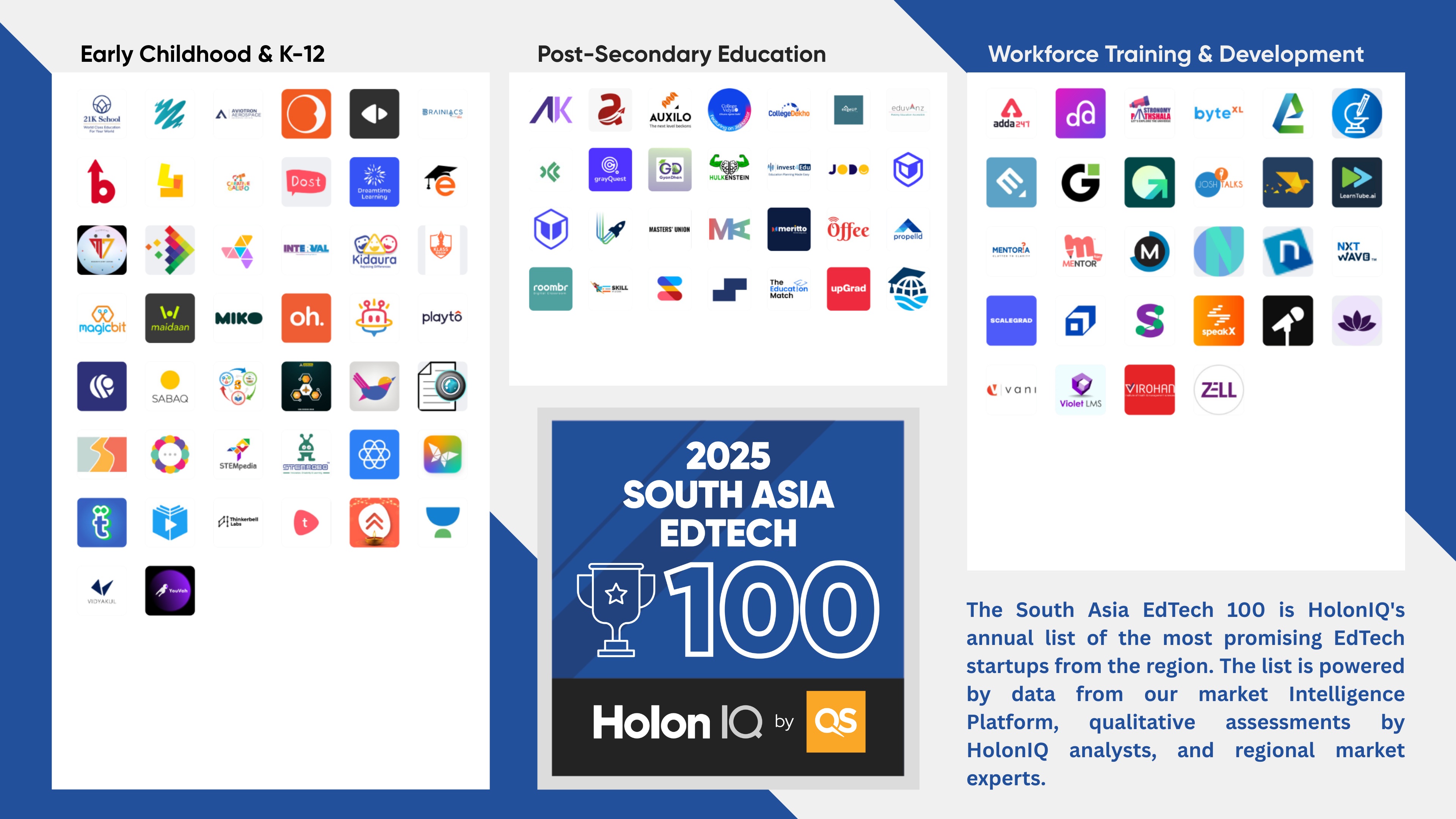
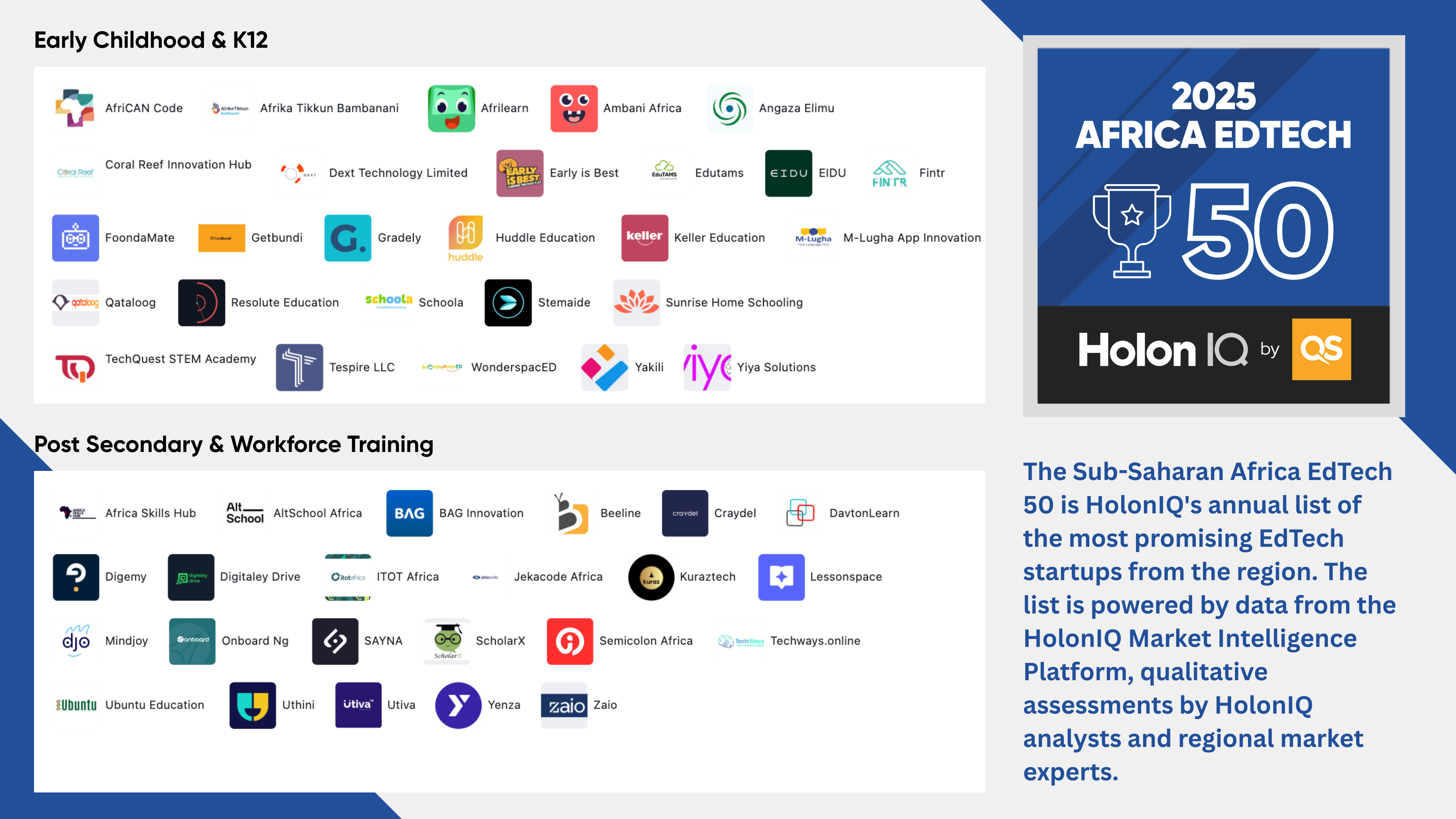
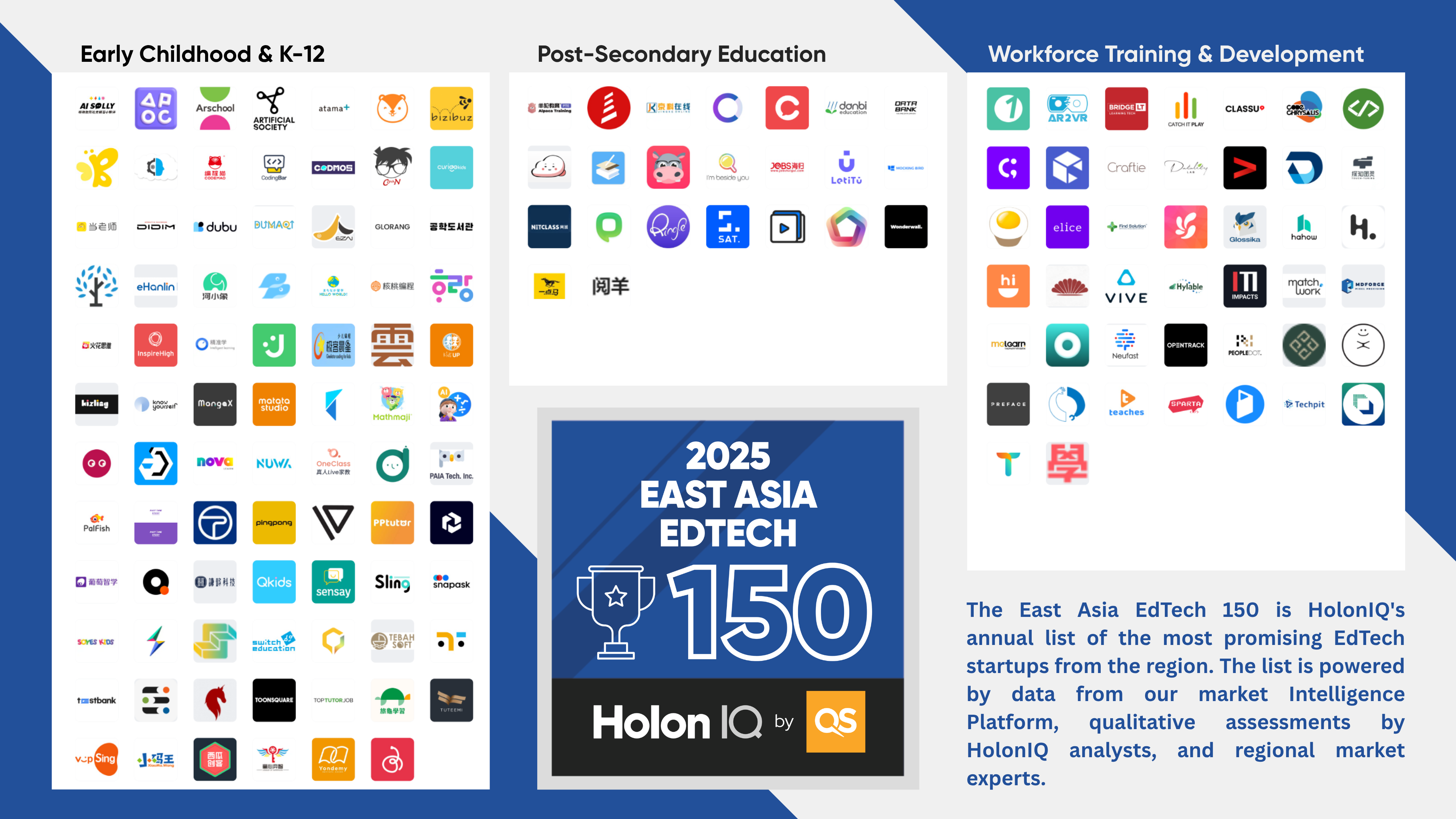
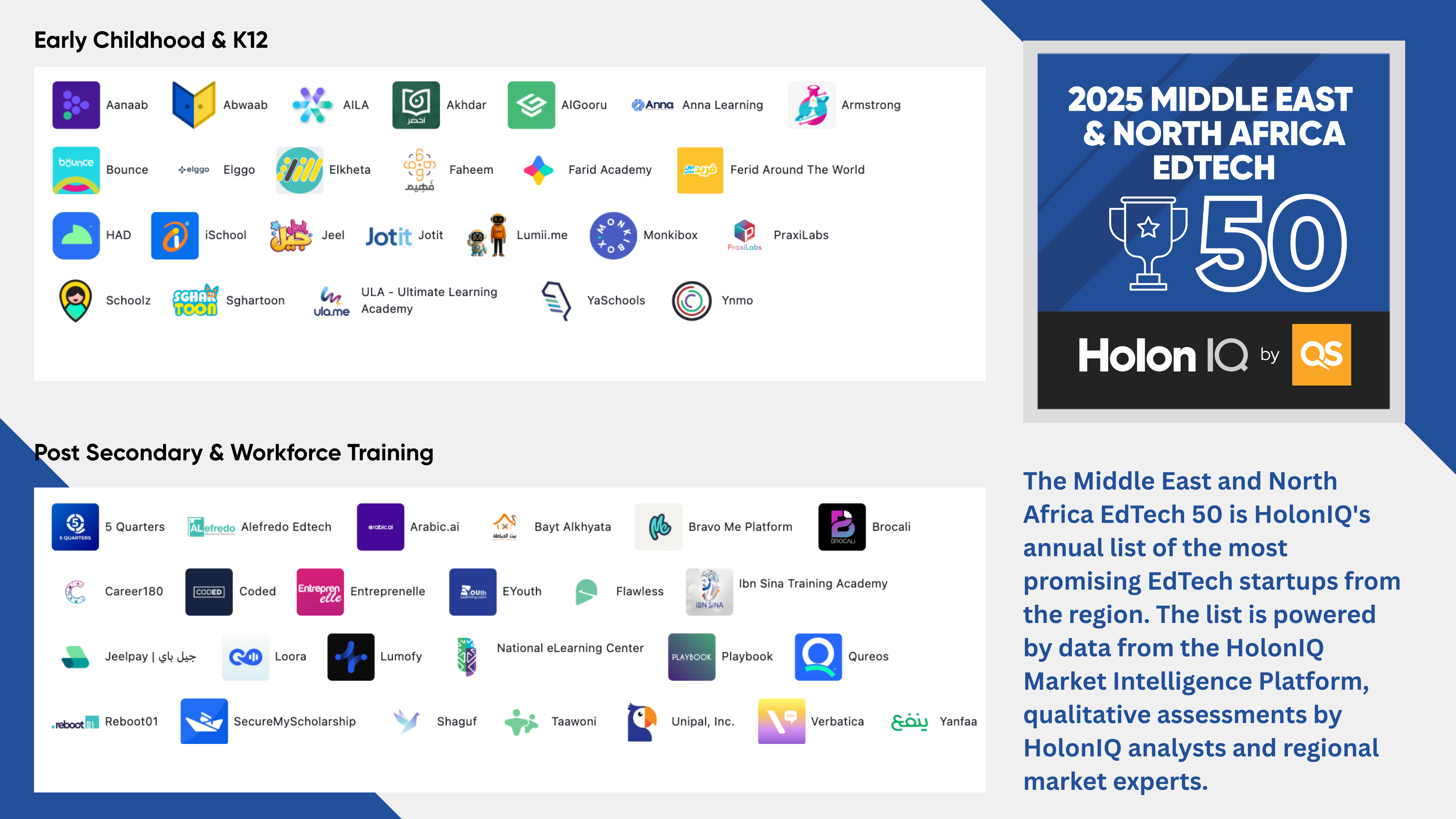
.png)
